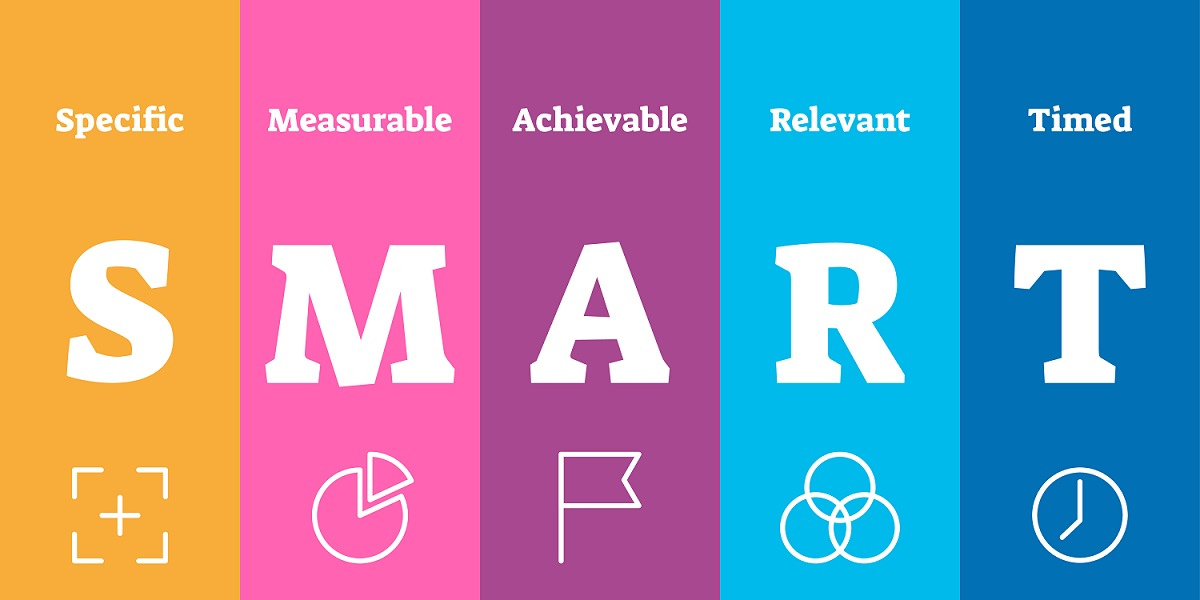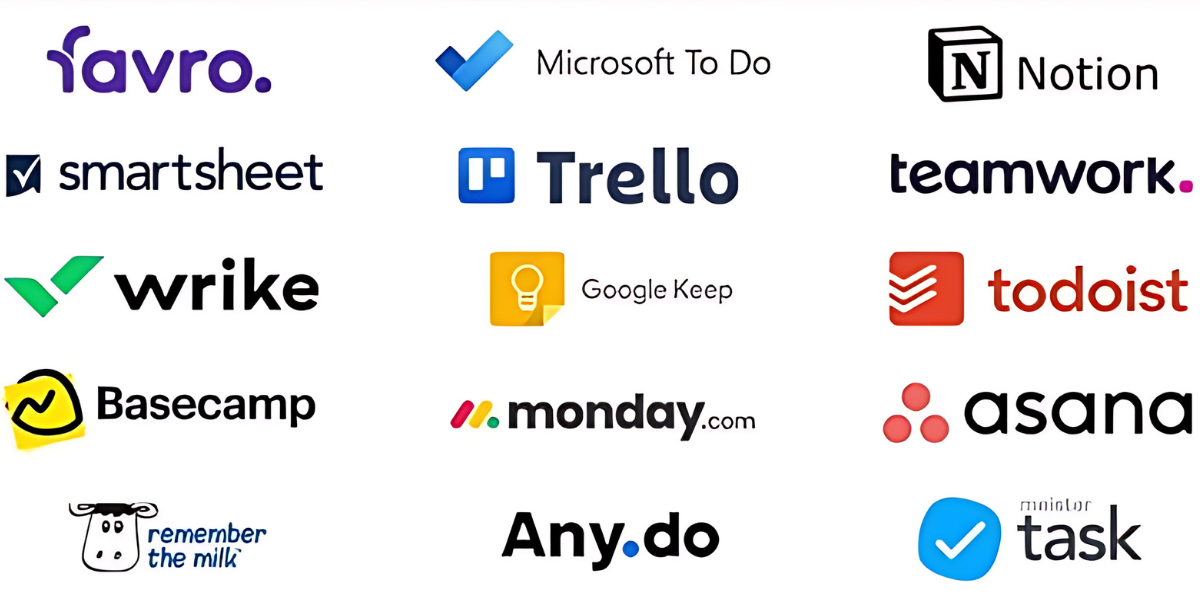Home > 14 Tips for Managing Your Time and Priorities
Managing Your Time and Priorities is essential for being more productive and avoiding stress. Are you looking for concrete ways to improve your organization and achieve your goals faster? In this article, discover 14 practical tips covering techniques like task prioritization, the use of management tools, and daily planning.
Article Summary:

An effective time management allows you to focus on essential tasks, thereby increasing overall productivity. By following the tips we are about to share, you will be able to better manage your time and priorities, which will help you achieve your goals faster and more efficiently.
The goal is to provide you with 15 practical tips and ideas to optimize your working time and improve your productivity. Whether you want to better manage your schedule, use effective management tools, or learn to say no, these tips will help you achieve effective time management and free up more leisure time for yourself.
Good priority management allows you to achieve your goals faster and more efficiently. Here are some tips to help you:
By following these tips for better time management, you will be able to manage your time more effectively and achieve your goals faster.
Good organization is essential for effective time management at work, including organizing the workspace, the day, and activities. This organization helps reduce stress and better balance professional and personal life, freeing up more time for hobbies, personal relationships, and reading.
It is essential to manage your time effectively at work to avoid stress and thus fully enjoy your personal life outside the office. This helps to maintain a healthy work-life balance.

To identify your priorities, it is essential to use tools such as the Eisenhower Matrix, which helps to prioritize tasks based on their importance and urgency. The Eisenhower Matrix is a two-by-two table that helps categorize tasks into four categories:
The quadrant of urgent and important tasks requires immediate attention and action. Important but not urgent tasks should be planned for future intervention, while not important but urgent tasks can be delegated to avoid disruptions.
Using this matrix, you can better manage your time by focusing on the most important tasks and delegating or eliminating less priority tasks. This will allow you to stay focused on your goals and improve your time management effectively.
Having a task list for each day allows you to determine what is important and essential. Prioritize the list based on the importance of each task rather than its urgency.
Use a whiteboard or a glass desk easel to easily reorganize your tasks according to priorities. Including precise deadlines, even if not imposed, helps you manage your time and avoid procrastination.
These tips will help you better manage your schedule and achieve your goals faster.

Planning each day with clear objectives and precise deadlines is essential to maximize efficiency. Planning helps to better allocate time between priority tasks and rest moments, ensuring a balanced day.
The time blocking concept involves blocking periods of your calendar to dedicate to related tasks. This goal-oriented time management strategy allows you to complete your work within defined time blocks, improving focus and productivity.
Comparing the scheduled time and the actual time taken for tasks in your journal can reveal unrealistic time estimates, helping you plan more accurately. By using these techniques, you can better manage your time and stay focused on your priorities.

The SMART method involves setting goals that are:
This method helps you stay motivated and understand where you are and where you are going, fostering the establishment of practical and achievable goals.
To be specific, goals must be clearly and precisely defined to avoid vague or imprecise goals. With criteria to track progress and determine when the goal is achieved.

Source diagram: blogdumoderateur.com
It is important to prioritize tasks to distinguish the most important and urgent ones. Then, they can be dealt with first to optimize time and productivity. Stephen Covey’s method suggests categorizing tasks based on their importance and urgency for better planning.
Use the MIT (Most Important Tasks) method by identifying three tasks to accomplish daily. The “Eat the Frog” method encourages tackling complex and important tasks first, allowing you to get rid of the most dreaded tasks at the beginning of the day.
Organizing tasks according to their importance and urgency allows for proper planning. It is essential to prioritize tasks based on their urgency and importance to optimize productivity. Urgent and important tasks should be handled first, while less urgent ones can be postponed or eliminated if necessary.
Time management applications are useful for tracking daily activities. They also help plan tasks and manage schedules effectively. Using effective management tools, setting clear priorities, and strategically organizing the schedule are key elements for effective time management.
Tools like Trello, Evernote, Asana, and Monday.com can help organize tasks and improve productivity. These applications offer task tracking, file sharing, and real-time communication features to better manage priorities.
It is important to define your needs and objectives, compare features, ergonomics, and prices, and choose the one that offers the best value for money and integrates into daily life. By using these tools, you will be able to better manage your time and achieve your goals more efficiently.

Reducing distractions is essential for personal and professional success. Turning off social media and email notifications during work allows for maximum concentration. Using applications like Freedom to block specific websites and applications can help limit distractions and focus on work.
Activating the ‘Do Not Disturb’ mode allows you to focus on important work without interruptions. A structured routine helps eliminate distractions, allowing you to accomplish more in less time. By adopting these strategies, you can better manage your time and improve your productivity.
Regular breaks are essential for maintaining a high level of productivity and preventing fatigue. Taking breaks allows the brain to rest and regenerate, improving concentration and creativity.
The Pomodoro technique involves working for 25 minutes then taking a 5-minute break, with a longer break after the fourth session. This method stimulates motivation, benefits the brain, and promotes creativity.
Avoiding engagement in non-essential activities allows everyone not to invest their time in non-priority tasks. Saying no more often can significantly reduce commitments and free up more time to focus on what is truly important.
Communicating calmly and firmly the reasons for your refusal is key to effectively saying no. Offering alternative solutions can help refuse a task while remaining collaborative, thereby enhancing respect from colleagues and superiors for your professional boundaries and addressing potential issues.

Delegating effectively allows you to focus on important and priority tasks, speeding up the process and improving the quality of the final result. For effective delegation, it is important to identify the tasks to delegate and clarify priorities.
Proper delegation involves choosing the right tasks and the right people. Before delegating, it is crucial to ensure that the delegate has the necessary skills, and investing in training employees is essential for successful delegation.
Using technologies like Zapier or IFTTT allows you to automate tasks without programming skills. Automation solutions can improve accuracy and consistency by reducing human errors.
Automation tools can handle recurring actions such as data entry and email management. In the industrial sector, automation software can control machines and ensure consistent production.

Keeping a time journal for a week helps note daily activities and determine what is accomplished in a day. To determine how you manage your time, it is essential to identify unproductive habits, set specific goals, and establish priorities.
A time journal helps identify time-wasting sources and focus on tasks that generate the most value. Evaluating your schedule with a time journal shows the time spent on reflections, conversations, and unnecessary activities.
Having a consistent routine can greatly improve daily schedules and overall productivity. Morning and daily routines help organize the day efficiently and prevent unexpected events, allowing you to work longer and with greater efficiency.
A routine allows prioritizing tasks, managing time effectively, and reducing stress. By following a routine, one can minimize decision fatigue by having a defined and clear schedule.
Taking care of yourself contributes to better time and priority management, allowing you to be more efficient and productive. Standing up and moving during breaks can help prevent back and neck pain associated with prolonged sitting.
Establishing a consistent sleep routine improves sleep habits and overall sleep quality. Activities such as yoga, meditation, or sports can help take care of oneself and maintain optimal mental and physical well-being.

In summary, managing your time and priorities well is essential for improving productivity, reducing stress, and balancing work and personal life. By following the tips and strategies presented in this article, you will be able to achieve your goals faster and more efficiently.
Remember that the key to time management lies in planning, prioritizing important tasks, using effective management tools, and taking care of yourself. Adopt these practices in your daily life for a more balanced and productive life.

How can I effectively identify my priorities?
To effectively identify your priorities, use the Eisenhower Matrix to categorize tasks based on their importance and urgency. Good luck with your prioritization process!
What tools can help me better manage my time?
Tools such as Trello, Asana, and Evernote can greatly help you better manage your time and organize your tasks effectively. Try them to see which one best suits your work style.
How can I minimize distractions while working?
To minimize distractions while working, I recommend turning off notifications, creating filters for emails, and using applications like Freedom to block distracting websites. Stay focused!
Why is it important to take regular breaks?
It is important to take regular breaks to prevent fatigue and maintain a high level of productivity by allowing the brain to rest. This improves concentration and performance at work.
How can I develop a productive routine?
To develop a productive routine, it is essential to establish a consistent schedule, prioritize tasks, and follow a structured routine. This will help you improve your productivity.

ITTA is the leader in IT training and project management solutions and services in French-speaking Switzerland.
Our latest posts
Subscribe to the newsletter

Nous utilisons des cookies afin de vous garantir une expérience de navigation fluide, agréable et entièrement sécurisée sur notre site. Ces cookies nous permettent d’analyser et d’améliorer nos services en continu, afin de mieux répondre à vos attentes.
Monday to Friday
8:30 AM to 6:00 PM
Tel. 058 307 73 00
ITTA
Route des jeunes 35
1227 Carouge, Suisse
Monday to Friday, from 8:30 am to 06:00 pm.